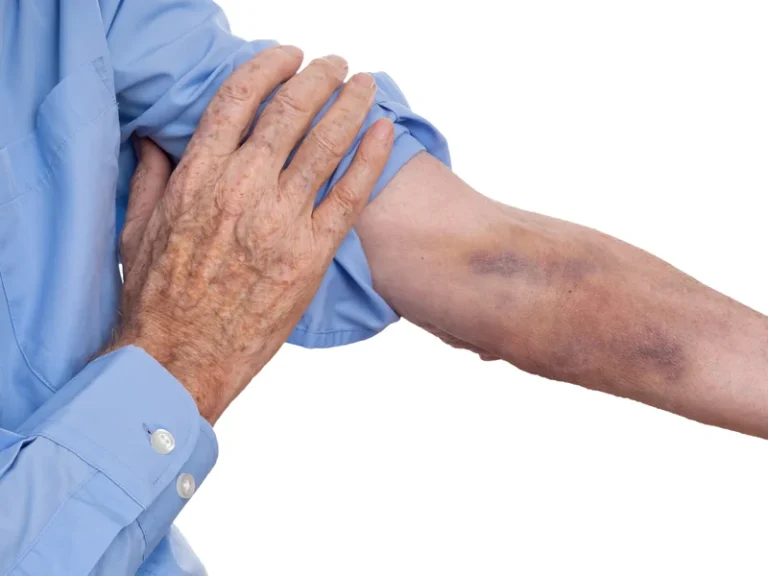
Overall, harmful use of alcohol is responsible for 4.7% of the global burden of disease. To keep the weight off for the long term, it can also help to know that these drugs are best used in tandem with healthy eating and exercise. consequences of alcohol There’s just no easy way around it,” says Geri Lynn Grossan, a registered dietitian nutritionist and certified diabetes educator in Las Vegas. There’s no specific “Ozempic diet” that’s recommended for these weight loss drugs.
Alcohol Use and Your Health
- While moderate alcohol consumption may reduce your risk of heart disease, heavy drinking may increase it.
- Alcohol poisoning occurs when the body has consumed more alcohol in a short period of time than it can process.
- Difficulty absorbing vitamins and minerals from food can cause fatigue and anemia, a condition where you have a low red blood cell count.
- Drinking alcohol can influence your psychological functioning and well-being.
- When women go through menopause, estrogen levels drastically decrease, which doctors may treat using an estrogen replacement.
Take our free, 5-minute substance abuse self-assessment below if you think you or someone you love might be struggling with substance abuse. The evaluation consists of 11 yes or no questions that are intended to be used as an informational tool to assess the severity and probability of a substance use disorder. The test is free, confidential, and no personal information is needed to receive the result. The support of friends and family is important in the journey to recovery from alcohol use disorder (AUD).
- Many people facing anxiety and depression drink intentionally to reduce stress and improve mood.
- While these effects are short-lived, long-term alcohol use can trigger systemic (bodywide) inflammation, which damages the body’s tissues and vital organs over time.
- One of its main roles is to neutralize various toxic substances you consume.
Alcohol’s physical effects on the body

Talk to a healthcare provider if you are concerned about your drinking or that of a loved one. Professional treatments and support can help you overcome alcohol misuse and alcohol use disorder and improve your overall health and well-being. Many people facing anxiety and depression drink intentionally to reduce stress and improve mood. While drinking may provide a few hours of relief, it may worsen your overall mental health and spark a vicious cycle (23, 24). Binge drinking is drinking enough alcohol to raise one’s BAC to 0.08% or above. Women typically reach this level after about four drinks and men after about five drinks in two hours.
Abuse is disastrous for health
“Some people think of the effects of alcohol as only something to be worried about if you’re living with alcohol use disorder, which was formerly called alcoholism,” Dr. Sengupta says. The pancreas helps regulate how your body uses insulin and responds to glucose. If your pancreas and liver don’t function properly due to pancreatitis or liver disease, you could experience low blood sugar, or hypoglycemia.

Excessive alcohol use is a term used to describe four ways that people drink alcohol that can negatively impact health. Many people with alcohol use disorder hesitate to get treatment because they don’t recognize that they have a problem. An intervention from loved ones can help some people recognize and accept that they need professional help. If you’re concerned about someone who drinks too much, ask a professional experienced in alcohol treatment for advice on how to approach that person.
- Unhealthy alcohol use includes any alcohol use that puts your health or safety at risk or causes other alcohol-related problems.
- The most commonly used and recognized MAT for alcohol use disorders is naltrexone, taken orally or as an injection.
- From the first sip, alcohol impacts the body—even if you don’t realize it.
In this context, it is easy to overlook or discount the health and social damage caused or contributed to by drinking. Alcohol is a legal drug which has many short and long term side effects. Read about the effects of binge drinking, alcohol withdrawal symptoms and more. The side effects of alcohol include dependence and addiction, https://ecosoberhouse.com/ especially in people who have depression or anxiety. There are effective medications that treat opioid , alcohol , and nicotine addiction and lessen the symptoms of many other mental disorders. For more information on behavioral treatments and medications for SUDs, visit NIDA’s Drug Facts and Treatment webpages.

According to the Centers for Disease Control and Prevention (CDC), 12 ounces of beer, 5 ounces of wine, and 1.5 ounces of 80-proof alcohol constitute one drink. In people assigned female at birth, consuming more than four drinks in one sitting is considered binge drinking. However, there may be legal, financial, or relational consequences for drinking heavily.

Sexual and reproductive health
Alcohol-induced mental health conditions
- Food in the stomach can help slow down the absorption of alcohol.
- Alcohol can impact various parts of the body, including the brain, heart, liver, and pancreas, as well as essential body systems like the immune and digestive systems.
- However, moderate drinking may have benefits for brain health — especially among older adults.
- However, studies investigating the link between alcohol and weight have provided inconsistent results (31).